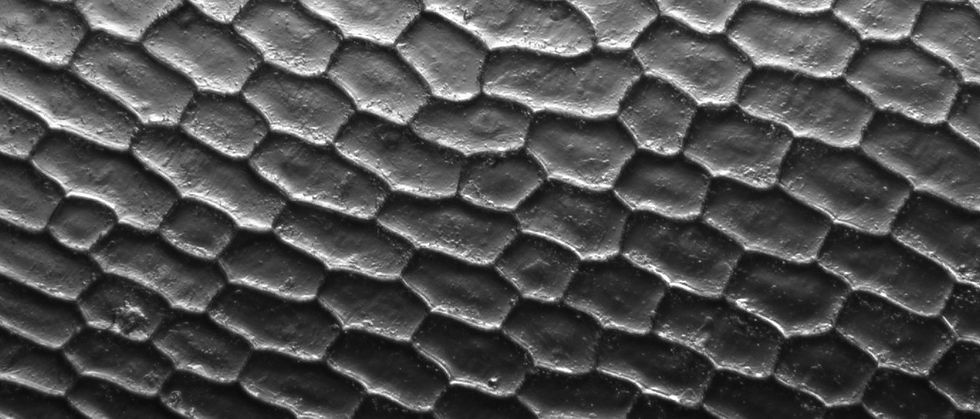
Speakers' Corner
Dr. Geitmann is a seasoned and sought after public speaker. She entertains with beautifully illustrated, thought-provoking and creative presentations in TED talk style, suitable for dinner keynotes and plenary lectures.
All presentations are tailored to the event and audience. The following topics exemplify the current repertoire of presentations.


Life in Space
The challenges associated with living at zero gravity
Space travel involves extended periods of time under zero gravity conditions. The absence of the pulling force of gravity has profound impact on the human body and all biological organisms.
This richly illustrated talk explores the challenges for humans, animals and plants when exposed to altered gravity conditions. It illustrates the technologies used by researchers on Earth to simulate the effects of altered gravity with the intent to study the biological phenomena arising in space. The talk is tailored for a general audience.
The presentation benefits from a room that can be darkened.
Suggested duration: 20 min (flexible)

Caught in Flagranti
The not-so-secret private lives
of plants
Plants ‘do it’ right in front of our eyes, in the center piece on our dinner table. Flowers are the sexual reproductive organs of plants. Their purpose is mating, but their beauty is not designed to attract the mating partner, rather its chauffeur!
This entertaining presentation illustrates how the plant male finds its female partner, how sperm cells are delivered, and how embryos are formed. This presentation is tailored for a general audience, plant lover or not, and illustrates how cutting edge cell biological techniques are employed to study intriguing biological processes at the cellular level.
The presentation will benefit if the room can be darkened.
Suggested duration: 20 to 45 min

Light and Life
Revolutionary progress in the life sciences enabled by novel imaging technology
The naked eye is unable to distinguish objects smaller than the thickness of a human hair, or about 50 micrometers. To see bacteria move, to study how cancer cells divide, or to perform in vitro fertilization requires tools: microscopes.
In this beautifully illustrated talk, Dr. Geitmann takes the audience from the first invention of the optical lens all the way to the Nobel-prize winning technical advances that have led to revolutionary developments in the life sciences enabling researchers to study living cells, the function of the human body, and the biology of plants, fungi and bacteria.
The presentation requires a room that can be darkened.
Suggested duration: 45 min (flexible)
